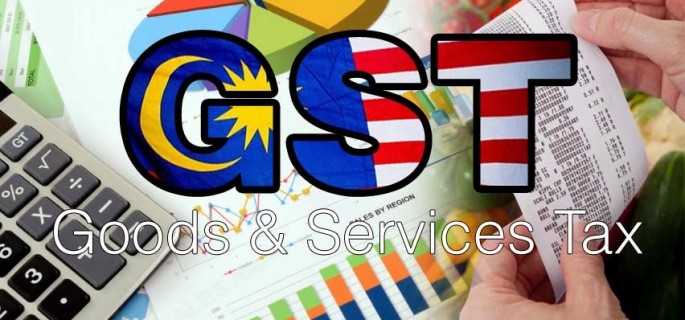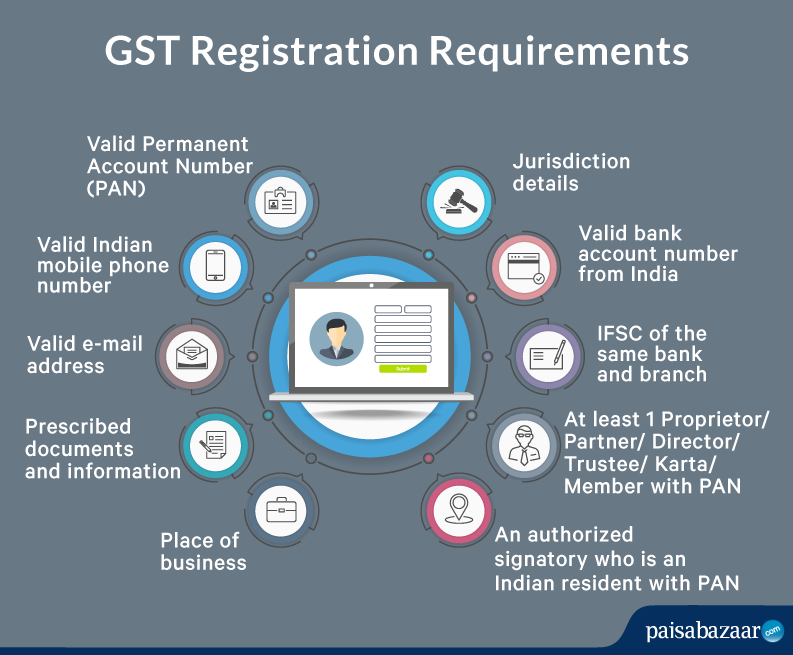How to Navigate Singapore GST Registration for Your Company
How to Navigate Singapore GST Registration for Your Company
Blog Article
Maximizing Tax Efficiency: Expert Tips on Browsing the GST Enrollment Labyrinth for Little Organizations
Browsing the detailed landscape of Goods and Services Tax (GST) enrollment can be a labyrinthine task for tiny companies aiming to maximize their tax efficiency. In this discussion, we will certainly discover experienced insights and actionable advice that can equip little businesses to navigate the GST enrollment maze successfully and maximize their tax effectiveness.
Qualification Criteria
Eligibility needs for Small company GST Registration incorporate specific requirements that organizations should fulfill to follow tax policies. To certify for GST enrollment, a company has to have an annual turnover surpassing the limit established by the tax obligation authorities, which varies by country. Furthermore, services entailed in inter-state supply of goods or solutions, or those offering items online, may be called for to register for GST, irrespective of their turnover. It is vital for organizations to precisely establish their eligibility based on these turnover limits to avoid fines for non-compliance. Singapore GST Registration.

Documentation Needs
The called for documentation usually consists of evidence of organization enrollment or identity, address and consolidation evidence of the service owner, photos, bank account information, and proof of the principal location of service. In addition, companies need to supply information of their organization tasks, consisting of the services or goods supplied.
Keeping all necessary documents organized and conveniently easily accessible can improve the enrollment process and help services comply with the needs effectively. Thorough interest to detail and adherence to the paperwork guidelines are crucial for a successful GST enrollment process for small organizations.
Timing Factors To Consider
Considering the necessary paperwork requirements have actually been carefully resolved, the next important aspect for local business beginning on the GST enrollment process is the tactical monitoring of timing factors to consider. Timing plays a critical function in GST enrollment, impacting not just conformity but likewise monetary facets of business. Small companies require to very carefully plan the timing of their GST registration to make the most of benefits and decrease possible risks.

Furthermore, businesses ought to align the timing of their GST registration with their operational readiness. Adequate prep work, such as updating bookkeeping systems and training staff, is important to seamlessly incorporate GST needs into everyday procedures. By strategically handling timing factors to consider, small services can browse the GST registration process effectively and maximize their tax obligation efficiency.
Enrollment Refine Tips
Efficiently navigating the GST enrollment procedure calls for local business to carry out tactical and aggressive registration procedure pointers. One critical suggestion is to guarantee all required records are conveniently offered before starting the enrollment procedure. This consists of service enrollment records, evidence of address, bank declarations, and recognition evidence of business owners. Confirming the precision of the details given is just as vital to prevent beings rejected or delays.
Additionally, understanding the thresholds and requirements for GST registration based on the particular state or territory where the company runs is essential. Some states have different turn over thresholds that cause compulsory enrollment, so being informed concerning these limits a fantastic read can help businesses prepare ahead.
Another valuable idea is to take into consideration seeking specialist aid from accounting professionals or tax experts that focus on GST enrollment. Their know-how can enhance the procedure, minimize errors, and guarantee compliance with all policies.
Compliance Best Practices
Tiny companies need to focus on compliance to avoid fines and preserve a great standing with tax authorities. Tiny business proprietors need to on a regular basis evaluate government standards and look for specialist recommendations if required to guarantee they are meeting all needs. By including these conformity ideal techniques into their procedures, little organizations can navigate the intricacies of GST enrollment with confidence and efficiency.
Verdict
To conclude, small companies can browse the GST enrollment maze by ensuring they meet qualification requirements, collect required documents, consider timing implications, comply with registration process pointers, and comply with conformity ideal techniques. By making best use of tax obligation performance via appropriate GST enrollment, organizations can enhance their financial monitoring and operations.
Browsing the intricate landscape of Product and Solutions Tax Obligation (GST) enrollment can be a labyrinthine job for tiny businesses intending to optimize their tax efficiency.Qualification needs for Small Service GST Registration include specific standards that organizations have to satisfy to comply with tax obligation regulations. The called for documentation generally consists of evidence of organization enrollment or identification, address and consolidation evidence of the service proprietor, photographs, bank account information, and proof of the primary location of service. Furthermore, organizations need Source to supply information of their company activities, including the services or goods supplied.Successfully browsing the GST registration procedure needs tiny businesses to implement proactive and critical enrollment procedure suggestions.
Report this page